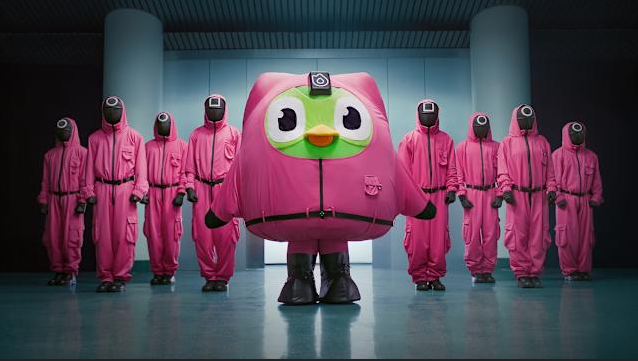Introduction
In 2024, Duolingo, the world’s most popular language-learning app, made headlines—not for its quirky owl mascot, but for laying off multiple human translators and contractors. The reason? Artificial Intelligence. This move has sparked a heated debate: Is Duolingo the face of an AI jobs crisis?
What Happened at Duolingo?
Duolingo reportedly reduced its reliance on human content creators in favor of AI-powered tools. These tools, including generative AI models, can now create practice questions, translate texts, and simulate conversations with users. While this means faster content production and lower operational costs, it also means fewer jobs for real people—particularly freelance educators, translators, and language experts.
AI’s Growing Role in Education
Duolingo is not alone. Across the edtech industry, companies are integrating artificial intelligence in education to personalize learning experiences. AI can now:
- Provide instant feedback
- Simulate human-like conversation for speaking practice
- Generate quizzes and exercises
- Adapt difficulty based on user performance
These features are revolutionizing the way we learn, but they also raise concerns about AI replacing jobs traditionally held by humans.
The Bigger Picture: An AI Jobs Crisis?
What happened at Duolingo may be a sign of a larger trend. As automation and AI technology improve, many roles—especially repetitive or content-based ones—are becoming vulnerable. According to experts, the impact of AI on employment is expected to affect sectors such as:
- Education
- Customer service
- Content creation
- Translation and localization
This shift could lead to what many are calling an AI jobs crisis—a future where skilled workers are replaced by machines faster than they can retrain for new careers.
Ethical and Economic Implications
While AI improves efficiency, companies like Duolingo must balance innovation with responsibility. Mass layoffs due to automation can damage brand reputation and create long-term social problems like job insecurity and wage pressure.
Governments and companies need to:
- Invest in reskilling programs
- Provide ethical AI guidelines
- Support workers transitioning to tech-related roles
Conclusion
So, is Duolingo the face of an AI jobs crisis? In many ways, yes. It represents both the promise and peril of AI in the workplace. As artificial intelligence continues to evolve, society must find a way to harness its power without leaving human workers behind.


